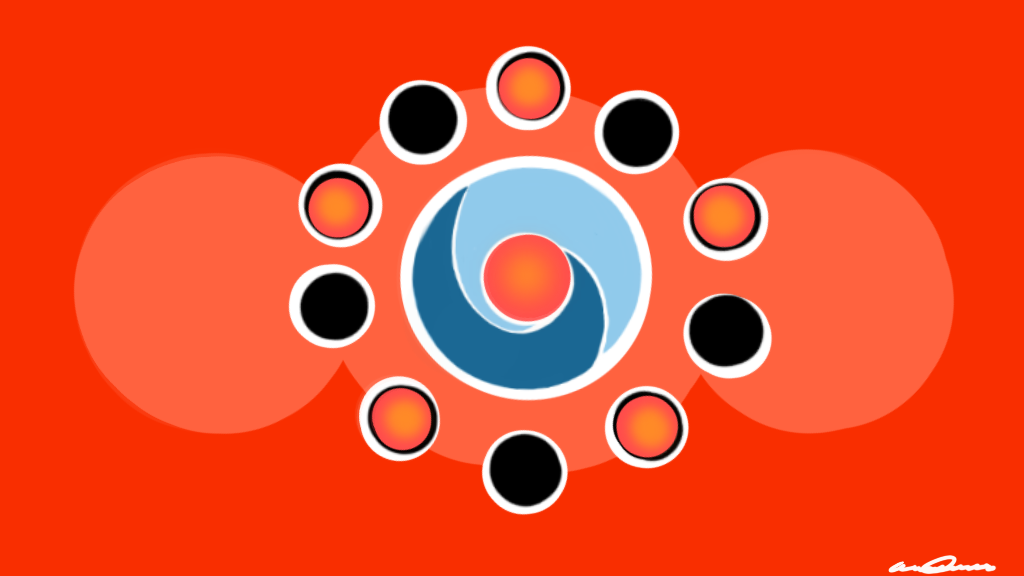Artificial Intelligence (AI) is terrifying for some and confusing to many. For others yet, it is a exciting new frontier which before long will change the world as we know it. I personally am prepared to embrace AI and the many ways it will change our lives over the next few decades, and the 2017 documentary "AlphaGo" makes a compelling case for its role in our future.
Directed by Greg Kohs, "AlphaGo" focuses on a recent AI project that was able to conjure unique solutions to the game "Go" that were previously unbeknownst to humans. The film presents many interesting points relating to AI but manages to avoid casting a negative or overpowering light on it.
The main takeaway is that the program was developed by a team of dedicated, motivated individuals who all shared the same goal, and without this team, the AI would never have existed. At the very least, "AlphaGo" will make you think of artificial intelligence in a different light. I certainly finished watching the movie with a new sense of awe for AI, and for the people who work so hard to make these programs function.
The Game of Go
The film begins in London at DeepMind Technologies, a Google-owned research center where AlphaGo is being perfected by a team of developers. Much like a simulator of chess, AlphaGo has an advanced understanding of the board game Go. The only difference is that Go is much more complicated than the game of chess.
While there are champions the world over, researchers at DeepMind wanted to know if a computer program could perform even better. Fan Hui, a player based in France, was asked to be the first human to play against AlphaGo. AlphaGo beat Hui 5-0. Admittedly, as a viewer I felt conflicted about this outcome since I had been rooting for one of my own. That being said, it was also heartwarming to watch the research team be overjoyed by their success.
Hui later served as a judge for the historic AlphaGo match between the AI and Lee Sedol, a player from South Korea who holds 18 international titles. The five games were broadcast live and marked an important moment in the history of AI as AlphaGo won all but four games. After losing the final match, the dethroned champion commented, “I, Lee Sedol, lost, but mankind did not.”
Thinking Outside the Box
For a movie about a computer program, "AlphaGo" is intensely human. The excitement of the research team, the stressed and then defeated faces of AlphaGo’s opponents and the media coverage all come together to tell a story of a fierce competition. It’s like watching a boxer gear up for the fight, observing his matches and then celebrating his becoming an overnight sensation.
But by the end of the film, it is clear that "AlphaGo" is really a tale about people. The group of people who came together to make the AI face the human professionals who never had any help from 0s and 1s. The victory shared by the team following each defeat of Lee Sedol is telling of their spirit and desire to achieve their goal. AI isn’t scary or overpowering in this film; it is simply taught to think differently and for that reason it is something to be celebrated.
I thoroughly enjoyed this film because it focused on a devoted team that was able to work together to make something extraordinary. And most importantly, it portrayed AI as completely harmless, which is something we all want to hear every now and then. I’d recommend "AlphaGo" to anyone interested in learning more about AI as it presents the subject matter in the most gentle and humanizing light.








